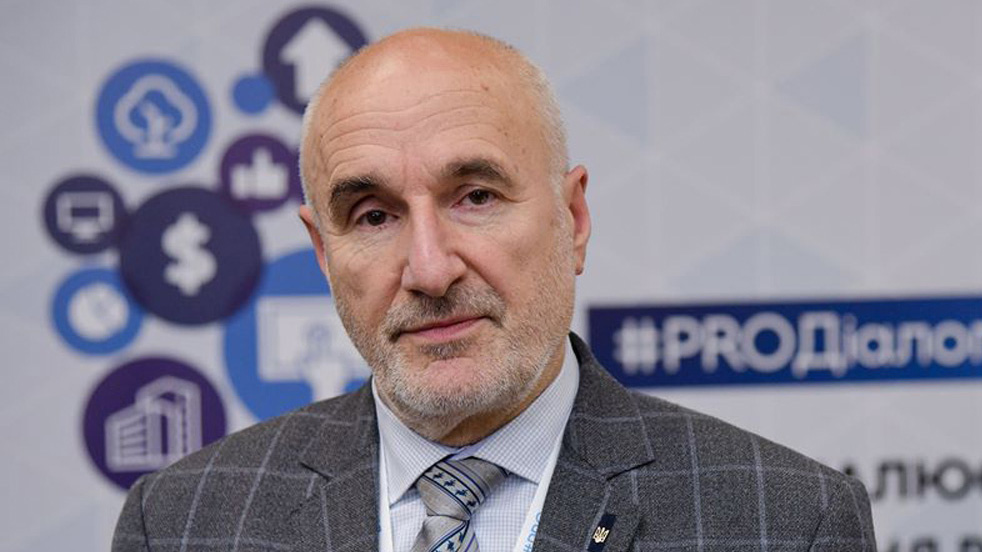LIFE MERCURY-FREE «Complex Awareness Raising and Behavior Change for the Mercury-Free City Environment» is one of the first projects that received funding from the EU Life programs. It is dedicated to the exchange of information and behavioral changes in the area of mercury pollution hazards caused by household activities and, in particular, through their improper use, storage and disposal of mercury-containing products. The project is also innovative in terms of the regions of its implementation: in Poland and Ukraine.
The total cost of financing from the European Union is 1,394,000 euros, about 92,000 of which have been allocated to Lviv Polytechnic.
Professor Dmytro Fedasiuk, Head of the Software Department, the Institute of Computer Sciences and Information Technologies, manages the project from Lviv Polytechnic. The Department of Ecology and Sustainable Environmental Management, the Viacheslav Chornovil Institute of Sustainable Development, and a number of structural divisions of the university are also involved in the project.
― The overall goal of the project is to reduce environmental pollution by mercury contained in household products that have been mishandled by consumers, by providing informational support through a communication and cooperation platform; organizing a broad information and educational campaign and behavior change measures; building the trust of many interested parties through the creation of a mercury-free city; participation in the project and cooperation of many interested parties to jointly find a solution to the problem, – explained Dmytro Fedasiuk.
The project envisages conducting a complex of activities in four cities with similar problems in the field of mercury management: in Ukraine – in Lviv, and Ivano-Frankivsk, and in Poland – in Łódź and Kraków.
The Ivan Zolotoustyi Academy of Ivano-Frankivsk also joined the LIFE MERCURY-FREE consortium.
The international partners of the project are strong and diverse: Lodz University of Technology (Poland), AGH University of Science and Technology (Poland), the University of Évora (Portugal), University of Camerino (Italy), organization Innovation Hive ― Kypseli Kainotomias (Greece), and company Virtual Angle BV (Netherlands).
